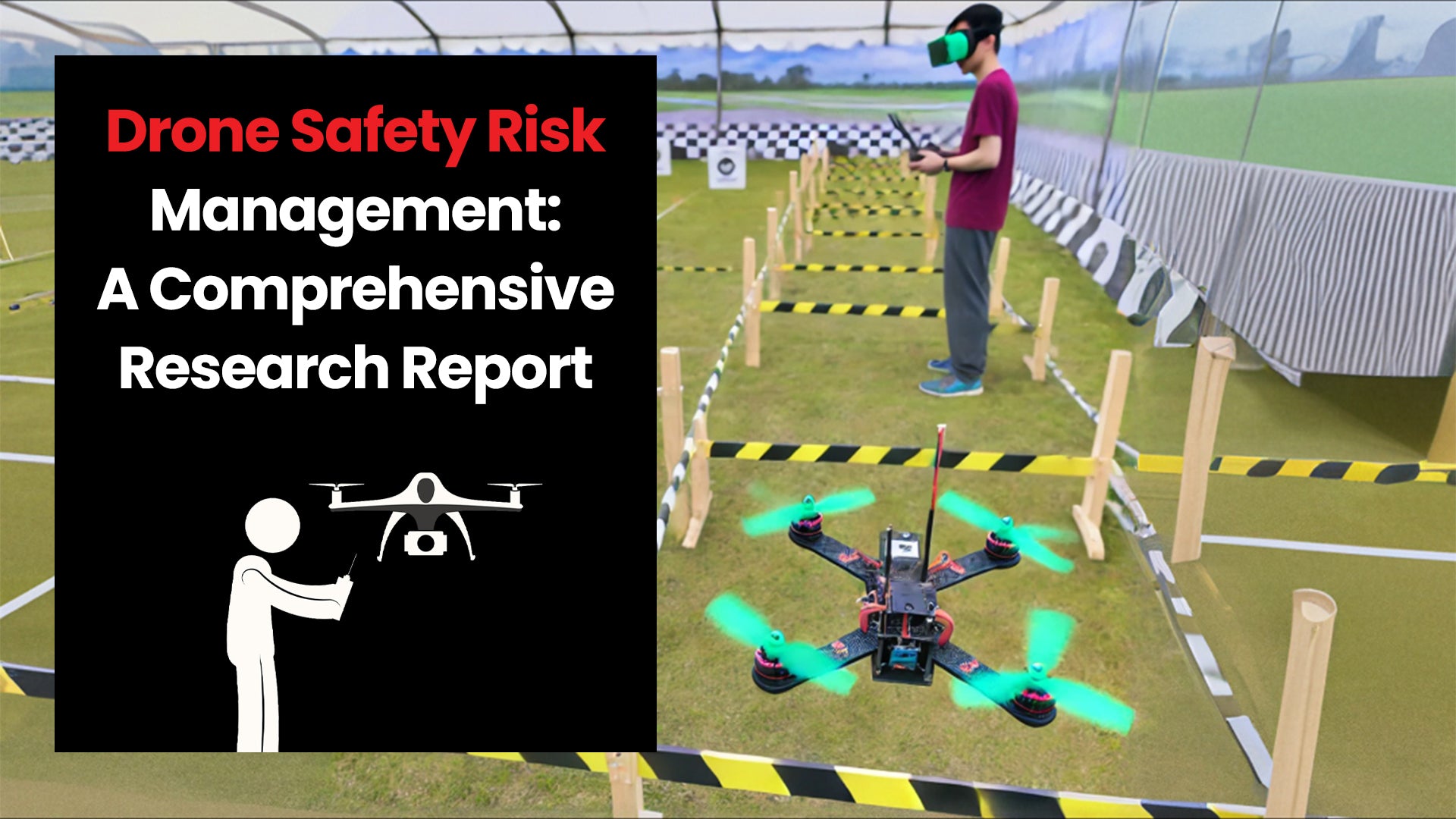That’s right. It’s real - but it is still not a law. The proposed legislation, the Countering CCP Drones Act, seeks to outlaw DJI drones entirely in the United States. It would impact people and companies all around the country by limiting the usage of DJI drones for both commercial and non-commercial uses.
A Basic Understanding of The DJI Ban
For DJI drone users in the US, the recent passing of H.R. 2864, the "Countering CCP Drones Act," has created a great deal of confusion. If this law is passed, it will essentially prohibit the nation from selling or using any new DJI drones.
Here's a breakdown of the key provisions and potential implications of the proposed DJI ban:
How does the ban work?
The bill targets DJI through the Federal Communications Commission (FCC). If the bill is passed, DJI will be added to the FCC's blacklist, preventing the allowance of new licenses for their drones. In simple words, it would prohibit the sale and operation of new DJI models in the United States.
Impact on Existing DJI Drones:
The bill's language is ambiguous regarding the fate of existing DJI drones. Although future drone models are the main target for prohibition, current drones may also be susceptible to limitations or outright prohibitions. However, such a move seems less likely at present.
Where Does The DJI Ban Stand Today?
There has been a lot of discussion lately about the Countering CCP Drones Act, often known as the DJI Ban. The legislative procedure has been convoluted, even though the initial drive for a ban appeared to be gaining momentum.
Let us discuss this over a brief timeline:
- June 2024: The Countering CCP Drones Act was incorporated by the House of Representatives into their draft of the National Defence Authorisation Act (NDAA) for 2025.
- July 2024: The Countering CCP Drones Act was clearly missing from the Senate's version of the 2025 NDAA when it was issued.
- Late July 2024: A proposal to include the Countering CCP Drones Act was made by Senator Rick Scott (R-FL) in an amendment to the Senate's version of the 2025 NDAA.
Pros And Cons Of The DJI Ban In The US
There have been strong arguments from both sides regarding the possible ban of the DJI in the United States.
Pros:
- National Security Concerns: Since DJI drones have the ability to gather and transmit data to the Chinese government, supporters of the ban argue that they constitute a serious threat to national security.
- Dangers of Espionage: According to intelligence reports, DJI drones could be used to spy on US individuals and businesses.
- Defying Chinese Influence: The prohibition is viewed as a means of preserving American sovereignty while fending off China's expanding influence.
Cons:
- Operational Impacts: A lot of organizations rely on DJI drones for their operations, including law enforcement and emergency response agencies. A prohibition might cause these vital services to stop.
- Economic Repercussions: Businesses and employment growth in the drone industry could be negatively impacted by a ban.
- Unfounded Allegations: According to DJI, the accusations made against it lack facts and are motivated more by xenophobia.
Key Takeaways:
- The DJI drone ban is a complex issue with strong arguments on both sides.
- The Chinese government's possible use of DJI drones for espionage or surveillance is the primary cause for concern.
- The ban's opponents claim that it can have detrimental effects on both the economy and public safety.
- DJI insists that its drones are safe and secure and has always denied the accusations made against it.
Industry Leaders Weigh In on the Ban
Leaders in the business and experts have been debating the possible effects of a DJI drone ban. Here are some significant opinions on the subject:
A prohibition might have unforeseen repercussions, according to Jon McBride of The Droning Company. He emphasized that the drone sector as a whole might suffer greatly if DJI goods were abruptly and completely removed from the market. McBride stressed the significance of having a well-thought-out strategy to lessen any potential drawbacks, like heightened rivalry among US drone producers.
Vic Moss of DSPA and Greg Reverdiau of Moss Photography emphasized that in the case of a ban, it is imperative to provide support to American drone producers. They argued for supporting these businesses while making sure they were held responsible for their investments.
The LiDAR Pros and Douglas Spotted Eagle of Sundance Media Group talked about their proactive strategy to getting ready for a future ban. They underlined how crucial innovation and diversification are to meeting changing market demands and ensuring compliance with upcoming laws.
Concerns were raised by Taylor Moreland of Agri Spray Drones and Arthur Erickson of Hylio over the possible harm that a prohibition may do to the farming sector. They claimed that rural populations may suffer grave economic repercussions from such a restriction.
According to Zacc Dukowitz of UAV Coach, the availability of DJI technology in the US might not entirely disappear in the event that new drone sales are prohibited. He emphasized the potential for other businesses to license DJI technology in order to produce and market their own drones.
Understanding The First Responders Act
The Drones for First Responders Act is a new measure that seeks to limit and eventually outlaw Chinese drone use in the country. The plan, which was introduced by Representative Elise Stefanik, would impose:
- Taxes on Chinese drones that would rise yearly for a period of six years.
- A total ban on Chinese drones is expected after six years.
- Grants for farmers, key infrastructure operators, and first responders will be funded by the tariff proceeds.
Although the Countering CCPC Drones Act has garnered greater attention, Congress is still under debate regarding the DFR Act.
Frequently Asked Questions:
1. Is it illegal to use DJI drones?
- No worldwide ban has been put into effect, despite talks and suggestions for limitations or outright bans on DJI drones in a number of nations, including the US. That said, it's critical to remain current with the laws and rules governing your particular area.
2. Are DJI Drones safe?
- Purchasing a DJI drone may or may not be safe depending on several variables, such as your demands, regional laws, and any possible security issues. Prior to making a purchase, it is advisable to do some research and weigh the advantages and disadvantages.
3. Does India require the registration of DJI drones?
- Yes, India requires the registration of DJI drones and other unmanned aircraft systems (UAS) weighing more than 250 grams.



